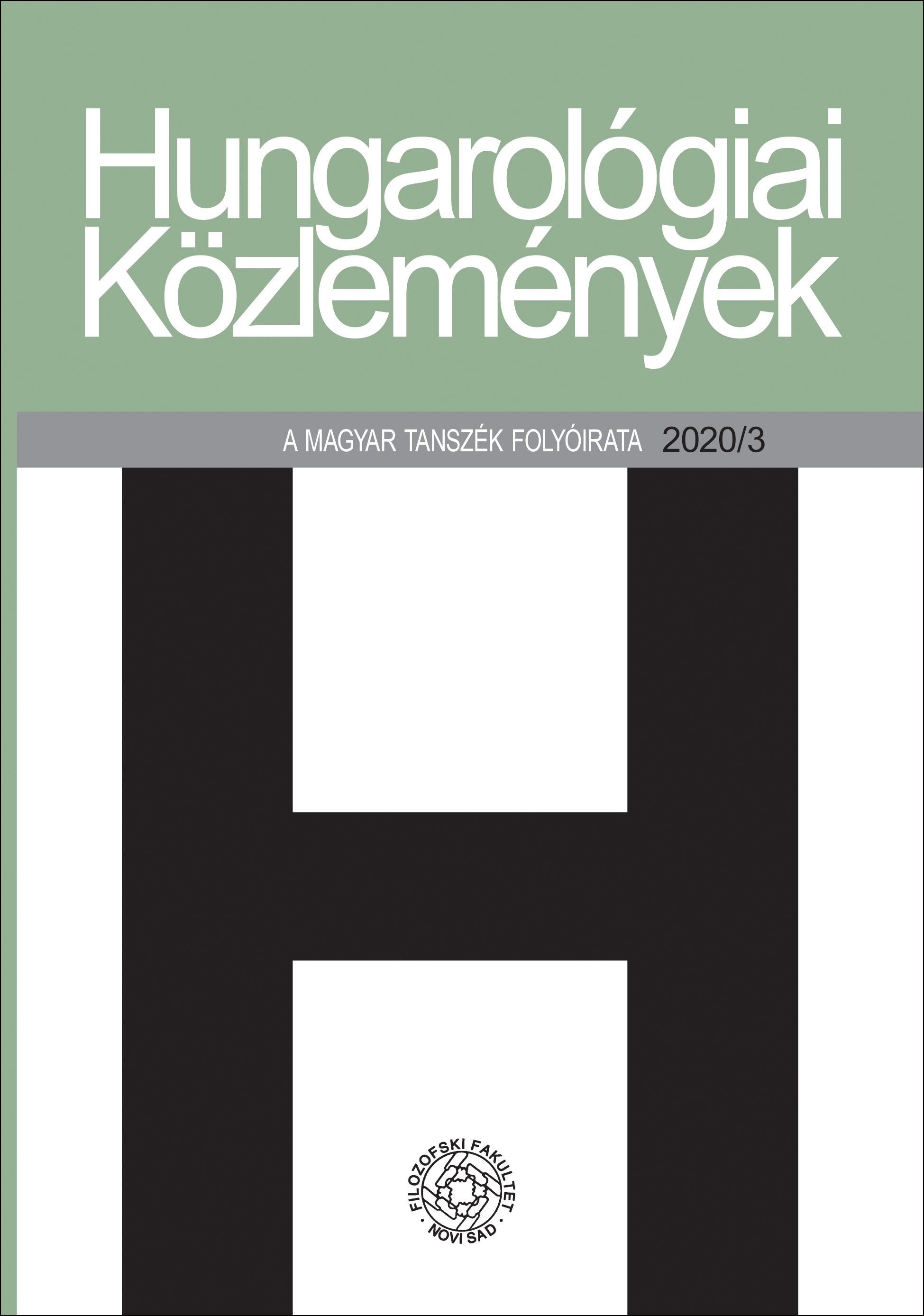Szabadka mint szöveg-város Munk Artúr műveiben
Szabadka as a text-town in the works of Artúr Munk
Author(s): Adrienn KárolySubject(s): Hungarian Literature
Published by: Филозофски факултет, Универзитет у Новом Саду
Keywords: Artúr Munk; space poetics; narrated town
Summary/Abstract: Artúr Munk’s two works of fiction A hinterland (The Hinterland) and Bácskai lakodalom (Wedding in Bácska) are both set in Porváros (Dustland), a little rural town which can be easily identified with Szabadka on the basis of tracable references. The aim of the comparative textual analysis of this study is to present how the novels’ fictional worlds describe Szabadka as a textual town, and how the author reshapes his hometown as the scene of his stories in Dustland. The town-narrative that unfolds during the course of the analysis of the Munk opus does not only reveal the literary mapping of the built town’s spaces and residents, but on the basis of comparison with autobiographical elements it directly justifies the functioning of the autobiographical space and the presence of the referential reading as well. The dissertation focuses mainly on the study of the squares, public and private buildings of the city narrated in Munk’s works, the descriptive direction of the “reading” of space, and the small-town characters, through which Artúr Munk becomes aware of his own (small) urban environment in the early 20th century Szabadka.
Journal: Hungarológiai Közlemények
- Issue Year: 21/2020
- Issue No: 3
- Page Range: 109-129
- Page Count: 21
- Language: Hungarian

